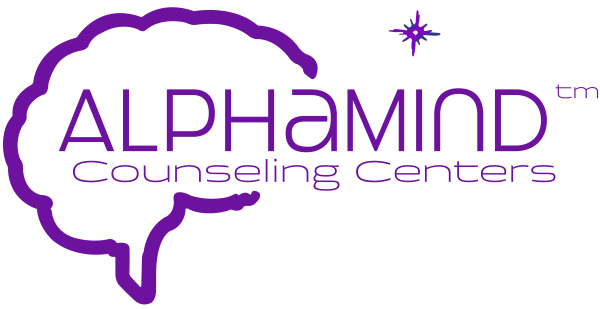EMDR, or Eye Movement Desensitization and Reprocessing, is a fairly new therapeutic approach that has been shown to be effective in the treatment of trauma. So does this therapy work for addiction as well? The short answer is yes—EMDR can be an extremely effective tool in helping people overcome addiction. However, like all treatments, it may not be the right choice for everyone, so it’s important to talk with a qualified professional before making any decisions.

EMDR has been shown to help people overcome many of the factors that contribute to addiction, including trauma history, emotional dysregulation, and cognitive distortions. If you’re curious about whether EMDR could help you or a loved one recover from addiction, please reach out for more information. We would love to help!
How EMDR Therapy Works
EMDR therapy is a highly effective form of treatment for individuals struggling with addiction and other mental health issues. EMDR, which stands for Eye Movement Desensitization and Reprocessing, involves a specialized type of cognitive processing that uses bilateral stimulation to facilitate emotional healing.
During an EMDR session, a clinician will help patients identify the negative thoughts and experiences that drive their addiction, and will guide them through a process of visualization and bilateral stimulation. This combination of guided imagery and eye movements helps to bring traumatic memories to the surface and to diffuse their damaging effects on the patient’s psyche.
In this way, EMDR can be an extremely effective tool in treating addiction and other mental health disorders.This process effectively “unfreezes” the painful or threatening emotional responses associated with these memories, allowing the client to learn new ways of coping and heal from past trauma.
EMDR therapy is backed by extensive research and has been shown to be incredibly effective in treating many different types of addiction, including drug abuse, alcohol addiction, compulsive gambling, eating disorders, and more. Whether you are coping with an active addiction or simply want to explore EMDR as a preventative measure for future struggles, this proven approach can help restore your emotional health and well-being.
EMDR and Addiction
EMDR is a type of therapy that has been shown to be particularly effective in treating addiction. EMDR works by helping a person reprocess their experiences and challenging negative beliefs, emotions, and memories that may be contributing to the addiction. By changing how they think about themselves and their experiences, individuals can overcome compulsive urges to use drugs or alcohol.

EMDR focuses on helping individuals regulate their emotions and achieve a healthier mindset, so it is often used as part of a larger treatment plan for those struggling with addiction. This process works by reactivating and reprocessing difficult memories associated with the substance use disorder, helping individuals to overcome cravings and reduce their dependence on drugs or alcohol. EMDR may include activities like guided visualization, body scans, and self-applied bilateral stimulation using handheld devices or eye masks. Together, these processes can help patients to better understand the root causes of their addiction and work through their feelings about it.
Studies have shown that EMDR is particularly effective in treating addictions related to trauma or abuse, as it helps individuals more effectively process traumatic experiences and develop healthy coping mechanisms for dealing with stress and overwhelming emotions.
Benefits of Using EMDR Therapy for Addiction Treatment
EMDR has been shown to be particularly effective in helping individuals who are struggling with addiction, as it helps them to address underlying causes of their addictive behaviors and form healthier coping mechanisms.
One key benefit of EMDR therapy is that it helps to address the underlying causes of addictive behaviors. By identifying and working through past traumas and negative thought patterns, EMDR allows individuals to break free from destructive patterns of addictive thinking and behavior, paving the way for lasting recovery. EMDR can also help reduce cravings and withdrawal symptoms by stimulating the production of feel-good hormones in the brain.
Additionally, EMDR therapy helps clients develop more self-awareness and empathy, which can be critical for successfully overcoming an addiction. With this increased awareness and understanding comes the ability to make changes at a deeper level, both physically and emotionally. EMDR can also facilitate healthy relationships with others, which can also play an instrumental role in recovery from addiction.
Overall, EMDR therapy offers many benefits for individuals struggling with addiction and is thus worth considering as part of a comprehensive treatment plan.
Contact AlphaMind Brain Centers Today

EMDR therapy can be highly effective for treating addiction and related issues. It can help to address the root cause of addiction and provide relief from trauma. If you or someone you love is struggling with addiction near Cary, North Carolina, please don’t hesitate to reach out for help. At AlphaMind Brain Centers, we are here to help you heal and recover using a variety of evidence-based therapies, including EMDR therapy. Contact us today to learn more about how we can help you or your loved one on the road to recovery.

